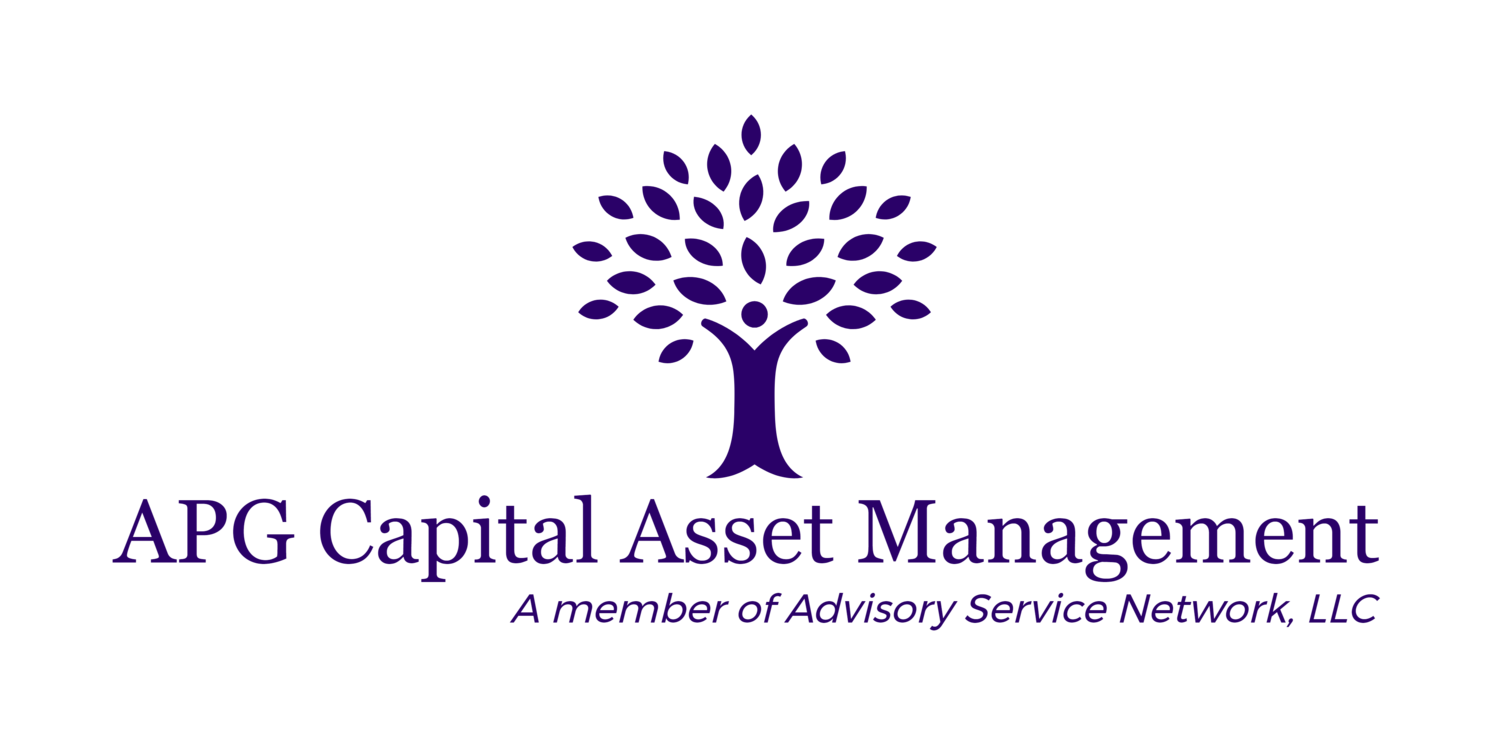It is rare for a fringe computer-game retailer to make national headlines, but the GameStop saga has done just that. Through a confluence of events, the stock of a shrinking, bricks-and-mortar retailer, shot up 20-fold in a matter of days sending shockwaves through other areas of the market.
It has been set up as a battle between short-selling hedge funds versus an army of retail investors. Short sellers borrow shares and sell them with the promise they will buy them back at a future date. They profit when the stock drops. GameStop was a perfect company for them to short with their dwindling store base and buyers’ move to downloading games directly from the makers. In fact, they shorted so much that there were no additional shares left to possibly borrow. Cue the vocal Reddit traders. One especially aggressive and passionate investor, with seemingly thousands of followers, started touting the stock. This, along with a possible turnaround in the GameStop strategy with the hiring of a Chewy.com executive, provided the spark for some upward movement in the stock. The upward momentum of the stock with the aggressive use of inexpensive stock options to leverage their bets, made these “amateur” traders more and more money while the hedge funds were hemorrhaging. The hedge funds faced margin calls and a loss of assets which forced them to buy back the stock at higher and higher levels. All of this fueled one of the more insane moves that I can recall. There is literally no reason for the stock to be trading over $300 per share and will eventually fall back to earth with all the financial pain for those still owning the stock when the music stops.
There are several ramifications for this situation. First, the hedge funds and other investors who have lost a material amount have, and will, be forced to pare back their other positions. We have seen some weakness in the market especially in stocks that are held by hedge funds. Second, it will create other crazy moves as the mob of Reddit investors fresh off their win move on to new battles to wage. Third and most critical, it clouds the question whether this a well-functioning market. The Fed stimulus and extremely low interest rates can impact asset prices. In my view, a lot of the reason why the market has done so well is because of this. The goal is for there to be a healthy amount of enthusiasm for speculation, and although we cannot predict the future based on past performance history, asset bubbles, like what we saw in the late-90’s tech boom, can potentially foretell market tops and could warrant caution. A handful of short squeezes in small companies is not on the order of what we experienced in 1999, but we are on alert for other dislocations of price versus reality. For now, we see corporate profits routinely exceeding expectations, an accommodative Federal Reserve, additional stimulus and the roll-out of the vaccine-- all of which should be beneficial to the market. The sooner these Reddit “investors” move back to playing video games, rather than the market, the better.

